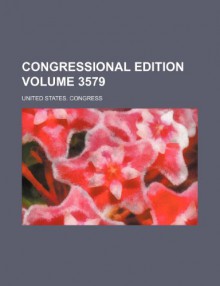This historic book may have numerous typos and missing text. Purchasers can download a free scanned copy of the original book (without typos) from the publisher. Not indexed. Not illustrated. 1898 edition. Excerpt: ...using the wood of the live oak and cedar covering the hillsides. The privileges...
show more
This historic book may have numerous typos and missing text. Purchasers can download a free scanned copy of the original book (without typos) from the publisher. Not indexed. Not illustrated. 1898 edition. Excerpt: ...using the wood of the live oak and cedar covering the hillsides. The privileges granted the Russian-American Company by the Emperor Paul expired with the year 1820. The business of the country during the preceding twenty years had, on the whole, been very profitable, andthemo8t strenuous efforts were made to get an extension of the privileges for another period of equal length, and owing to the fact that many nobles of high standing, and even members of the imperial family, were shareholders this object was easily attained. The Emperor Alexander I not only extended the old privileges, but made some valuable additions to the rights conferred upon the company by the charter, and in the year 1820 the company reported the payment of a biennial dividend to the shareholders amounting to 1,195,495 rubles, while for the years 181G and 1817 it had been 1,150,950 rubles. The population of the colonies under full control of the company (exclusive of the independent native tribes) was given at 391 Russians, 444 Creoles, and 8,384 natives. The fleet owned by the company and engaged in traffic in the colonial waters in the year 1820 consisted of 1 brigantine of 306 tons, 3 brigs of 200 tons, 2 schooners of 120 and 1 of 60 tons; and 3 sloops, 1 of 60 and 2 of 30 tons each. In addition to these the company had purchased 5 foreign barks and ships for the voyage from St. Petersburg to the colonies and 8 others for service in the colonies. In the year 1821 Hagemeister was relieved by Mikhail Ivanovich Muraviev, who continued the work of organization of the colonies and managed the company's trade. Hagemeister urged removal to the island of Kadiak, which offered a much more pleasant and comfortable place of residence than Sitka, but it would have been necessary to...
show less

